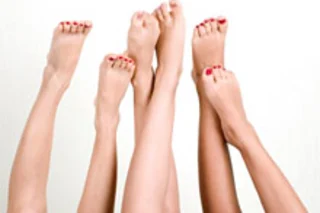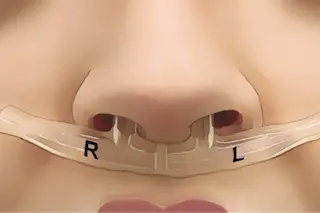Life isn't fair for the vertically challenged. They can't see the stage at concerts, can't reach the top shelf at the grocery store, have to hem their pants, and make less money and have less power than their taller peers. Well, I'm afraid new research shows that it doesn't get much better. People, particularly women, with shorter arms and legs are at a higher risk for developing dementia. The study, performed by researchers from The Johns Hopkins University and Tufts University, came out in the May 6 issue of Neurology. The team measured the knee height and arm span of 2,798 mostly white participants with an average age of 72, then followed the patients for an average of 5.4 years. In that time, almost 20% of the subjects developed dementia, and here comes the bad news for shorty:
• Women with arm spans in the lowest 20 percent of measurements ...














